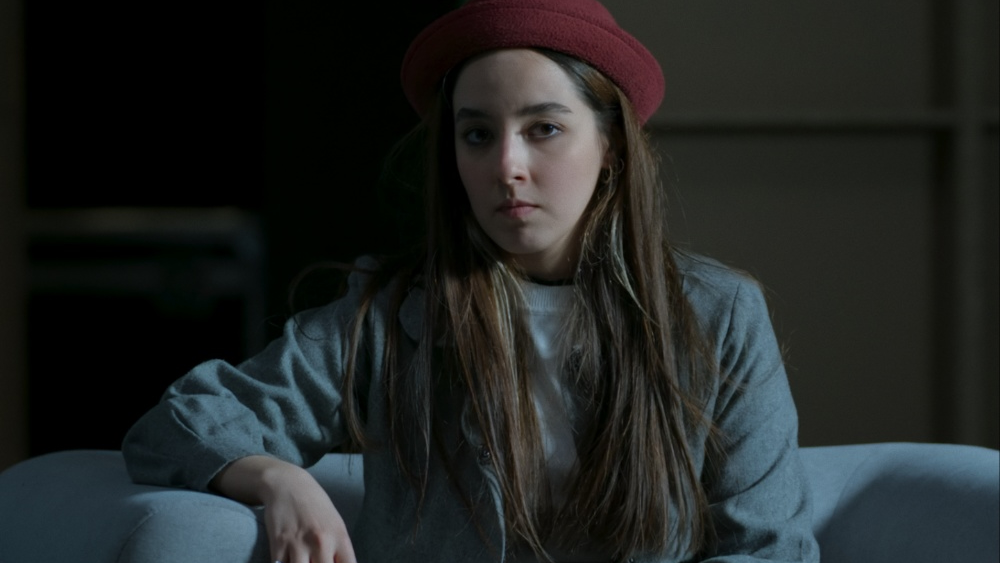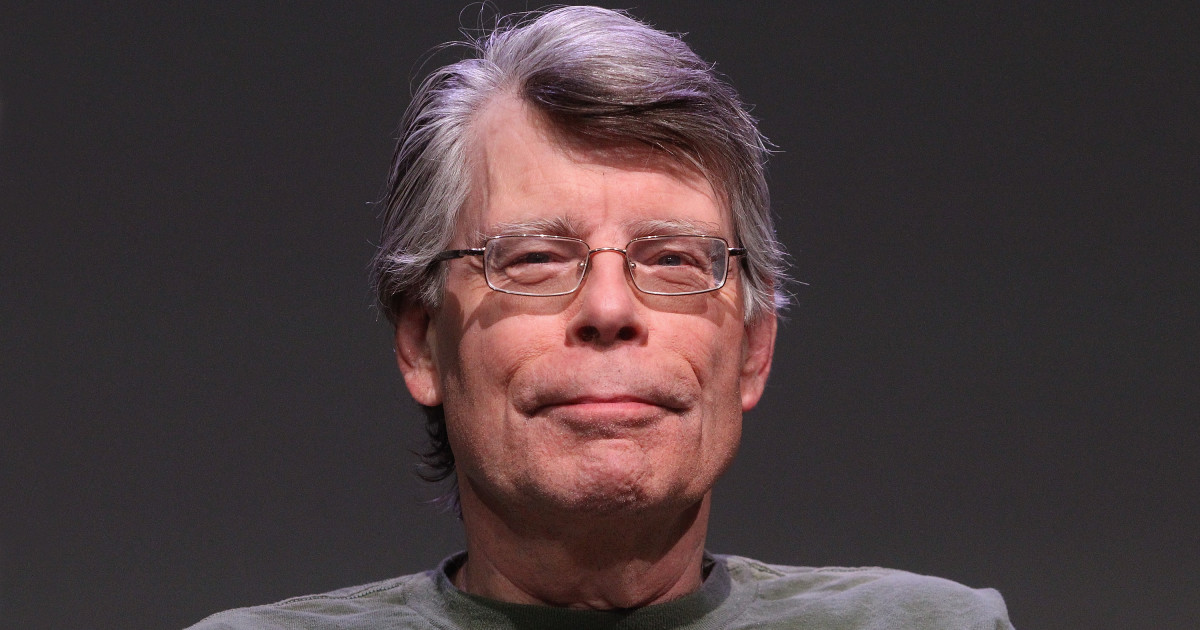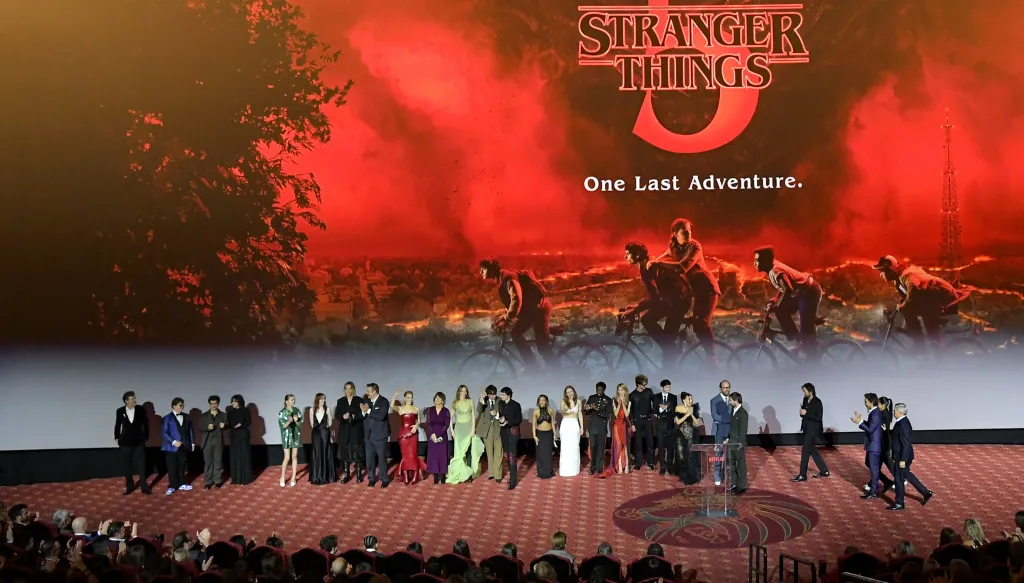Copyright Variety

“1001 Frames,” which screened at Thessaloniki Film Festival this week, is composed of a series of creepy scenes from auditions conducted in Tehran, Iran. But it could be any city. During the auditions, wannabe actors are asked to improvise scenes including being a cat, being trapped in a room, and being propositioned by a famous director. In fact, the last one is for real as the aspiring thespians eventually discover. It is at that point that the film contorts itself into a horror movie. In the auditions, the actors are told the film for which they are auditioning is inspired by “One Thousand and One Nights,” also known as “The Arabian Nights,” an Arabic folktale in which the central character, Scheherazade, has to keep her captor, the king, amused by telling him stories so she isn’t killed. U.S.-Iranian director Mehrnoush Alia came up with the idea after a conversation with a friend in Iran. “A friend that I knew was trying to become an actress and she was in similar situations,” she says. “She was told: You have to do this in order to get a role, so she gave up on acting and married very young, and became a very depressed woman. Her life changed, like she became a completely different person. So, I watched how, when you kill somebody’s dream, the person completely changes.” When she moved to the U.S., where she attended Berkeley and Columbia as a film school graduate, she “was in a lot of audition rooms for my own student films and my friends’ student films, for films that were unpaid and by students who didn’t really know what they were doing, and we were getting a lot of applications, like hundreds. “And just being in that position of power, sitting on the other side of the camera when they walk into the room, very vulnerable, they are opening themselves up, that felt very uncomfortable for me as somebody who has always been on the other side – like my mom is very controlling, I grew up in Iran which is like a very controlling culture obviously, so I think I was kind of identifying with them.” It also reminded her of an Iranian film, “Salam Cinema,” directed by Mohsen Makhmalbaf, made 30 years ago. She was a kid when she watched it in a cinema with her father in Iran, and it made a big impression on her. “It happens in an audition room as well. This very famous filmmaker, Mohsen Makhmalbaf, who was at the height of his career, put an ad in the newspaper for an audition and thousands of people showed up and they would fight. The way it was done, it was just showing the power of cinema and how desperate people are. The film starts with this long tracking shot, and you watch how they throw application forms in the air and the people were jumping to grab them and fighting over those papers. And in the film, the filmmaker is constantly telling the actors: cry now, laugh now, sing, dance, whatever, and things of that nature, and I remember I felt very uncomfortable in that cinema. I was laughing with the audience. I was having a great time. It’s a very entertaining film, but at the same time it made me feel very uncomfortable, just being aware of this power.” While she was a student, she started writing a film that she “wanted to be told from the perspective of the audition camera, because I thought that gaze, that male gaze, that we have had in the history of cinema since its beginning, it’s a scary thing for me because I could see how when the actresses come into the room, actors and actresses, they felt vulnerable, and also it reminded me of walking down the streets in Tehran when I was a young woman, and the men are just ogling, just watching you, scanning you from top to toe. It was a cultural thing. I felt like all men feel entitled to do that. So I decided to use that and put the audience in that place, focusing on the discomfort that people feel in front of the camera.” An added twist in the film is that the man who plays the director is Alia’s partner, Mohammad Aghebati, a theater director in Tehran. Most of the wannabe actresses in the film are played by his students, with whom he has done improvisation, and so he knows their limits, and he’s also the casting director for the film. “I knew a lot of them because we hang out together all the time, so I knew them from social settings,” she said. “The character is so different from him as a person. He thought he had to be very aggressive and I had to keep reminding him that you are not supposed to be like that. Because he was getting agitated by the role. He really hated his character. So I think he was hiding behind this aggression. But he was starting from an aggressor point of view. I was like, ‘No, these situations usually don’t have that kind of aggression, at least not at the beginning. No, you need to go softer. You need to be more of a smooth talker.’ But he was not getting it. I had to keep reminding him that you have to be a player. He was actually one of the hardest to direct, because he’s a theater director, and he’s such a good director, but it’s hard to direct a director.” When she’s shown the film, she finds it elicits a strong response in the audience, with both women and men finding that it reminds them of similarly uncomfortable situations. “Women and men come and talk to me, and a lot of them thank me, because they say they have had similar experiences. Some of them are in tears. And you can just feel the emotion in the room. In the States, I recently screened it at the University of North Carolina for 18 and 19 year old students, all freshmen, at the film school. And it was really interesting to see how American audiences relate to it. “I was told that 10 of the women were out in the bathroom crying, and the students lined up to talk to me afterwards. Men and women shared their observations. The men I talked to mentioned that they’ve experienced similar situations. But some women have actually gotten deep into what the situation was, you know, and it’s really interesting to see how the work gains their trust. Some of them mentioned that it was a story that they haven’t told anyone. So it was really interesting to just see how it gains their trust and gets them to talk. So, that whole storytelling part of it is interesting.”



